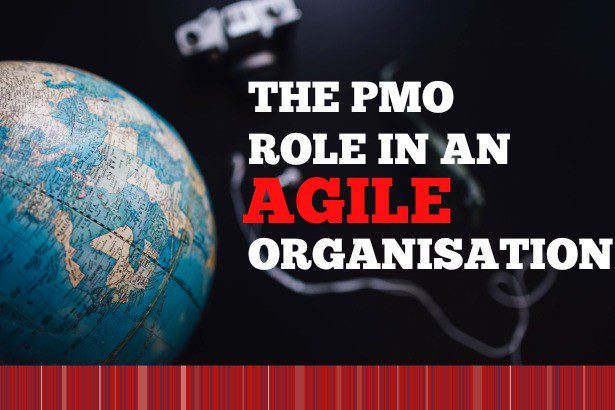Agile. Everyone is talking about it.
In one corner it is the holy grail of project delivery, in the other skepticism. As the project management industry continues to discover more about the role Agile can play in successful delivery it stands to reason that the PMO should explore what this means for PMO functions and services which are normally more “command and control” in its nature.
Understanding exactly what is meant by Agile, both at an organisation level and programme/project level is where most organisations and practitioners are today.
Steve Messenger, Chairman of DSDM Consortium, which is a robust Agile project management and delivery framework is speaking at the PMO Conference this June. He will be addressing some of the concerns that PMO practitioners are raising.
Many organisations needing to comply with strict governance and regulatory requirements have been rather wary of undertaking projects, particularly large projects and programmes, using Agile. Despite its clear benefits of more focused, swifter, efficient delivery of solutions targeted more tightly to the needs of the business, there has been strong concern; not only about how such projects remain in control, but how that control is demonstrated. How can those not directly involved in the project be confident that the right things are being done? Their concerns are raised by hearing that documentation isn’t produced, no planning needs to take place, and that the development teams are empowered and self-organised, giving rise to the thought they are doing what they like.
The already scalable AgilePM® approach is based on DSDM, which has offered an Agile approach to projects since its inception in 1994. It provides a structure for planning, establishing project organisation and controls, while maintaining the strengths Agile offers. The approach integrates fully with major project management methods, such as PRINCE2, as it does with ITIL and major Agile development approaches.
An Agile approach requires new habits from everyone that works in and around programmes and projects. The increased autonomy on project teams means a mindshift for project managers. The project manager role focuses on what needs to happen in the project rather than the how. There is a reduction in the ‘command and control’ approach to managing projects which changes the role of project manager to project leader. The question remains however, what role does the PMO play in Agile projects? What new habits are required of the PMO?
In Steve Messenger’s session the conference will explore the role of The PMO Role in an Agile Environment
Steve will explore how and why a PMO is key to the successful implementation of Agile practices in an organisation.
He will examine the characteristics and practices of PMOs and show how these may need modification to support Agile ways of working whilst still providing the organisation with the governance and control it needs.
Some of the areas covered include:
- How do we cope with less precise business cases?
- How do we prioritise projects against each other if you can’t tell in advance what the benefits are?
- How can this work in our regulated industry?
- How do we recognise and report that an Agile project is going wrong?
- How do we align seemingly ad hoc Agile project reporting with our time-based governance?
- How could we make the life of Agile projects easier and quicker while also serving the needs of the organisation?
These are the burning questions for PMOs right now and this session brings clear answers as to how PMOs can take the lead in ensuring successful Agile project implementations in their organisations.
DSDM are also exhibiting at the PMO Conference. Delegates can visit their stand for further information and book appointments for longer conversations if required.

